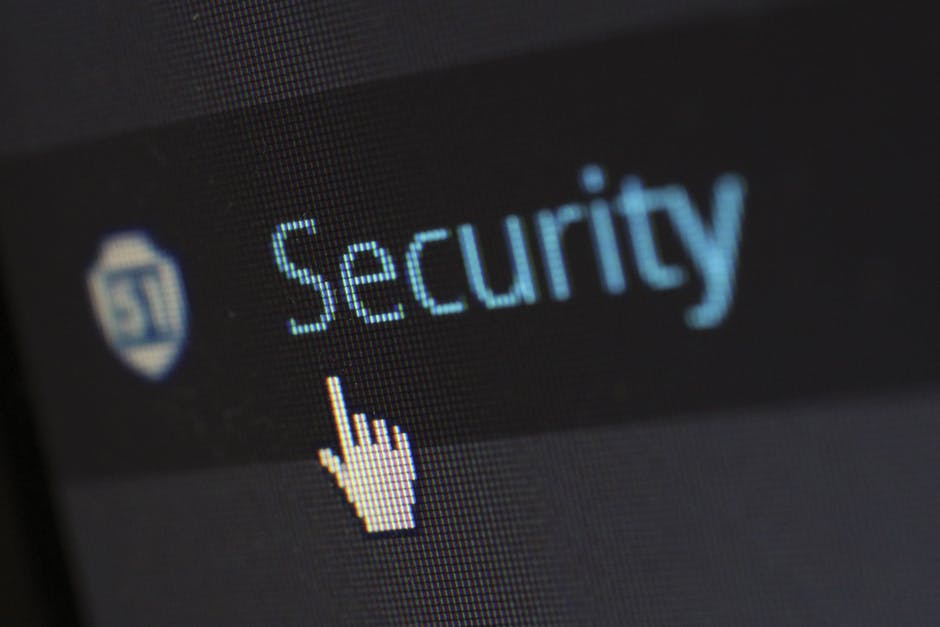WordPress is the content management system behind around 35% of all websites. It’s also responsible for over 60% of all websites using a content management system. It’s a ripe target for hackers.
If you spot a vulnerability in one site, odds are good that you can exploit it on nearly all WordPress installations.
As a website owner, you want to make sure you don’t become a hacking statistic. So, what can you do to avoid WordPress security issues?
Always Stay Updated to the Latest Version
Unlike a website you build yourself or one you had made for you, WordPress doesn’t make you code updates for your WP installation. Instead, the WordPress developers take an active hand in developing patches and vulnerabilities fixes. They push these out to all WordPress users actively.
While WordPress will conduct an automatic install of the updates, it’s always best to install them as soon as they become available. These updates routinely correct WordPress security issues.
Get Your Login Game Face On
Many WordPress site owners leave the admin login name as… wait for it…admin. That makes it that much easier for hackers since you give them half the solution before the work even starts.
Always change the admin login ID to something else. You should also impose some login password best practices, such as:
- Using capital and lower-case letters
- Using a symbol or two
- Avoiding common words
You can also set up two-factor authentication, which uses a password and typically sends a code to your phone or email. This second step makes it harder for hackers to access your site.
Limit the Number of Login Attempts
In a fresh WordPress install, users can try to login as many times as they want. This leaves your site at risk for brute force attacks that try many login ID/password combinations. Limiting the number of logins prevents these kinds of brute force attacks.
You often get login limits set up automatically if you use a DNS or application-level firewall. If you don’t use a firewall, you can use a plugin specifically made to limit login attempts.
Other Considerations
While security matters a lot in protecting your site and data, you also need people to find your site. An improperly set up WordPress site will often get the cold shoulder from Google. You should consider using a utility or site crawler that will find technical errors that block Google.
After all the effort you put into making your site secure, get the chance to let it protect your customers from hackers.
Parting Thoughts on Guarding Against WordPress Security Issues
Guarding against WordPress security issues need not prove a nightmare. It mostly involves implementing a recent checklist of security best practices. In most cases, those best practices involve common-sense changes, such as updated passwords.
Where the recommendations get more technical, there is often a security utility or plugin that solves the problem with minimal fuss.
Looking for other ways you can boost your WordPress prowess? Check out some other great articles on our site.


